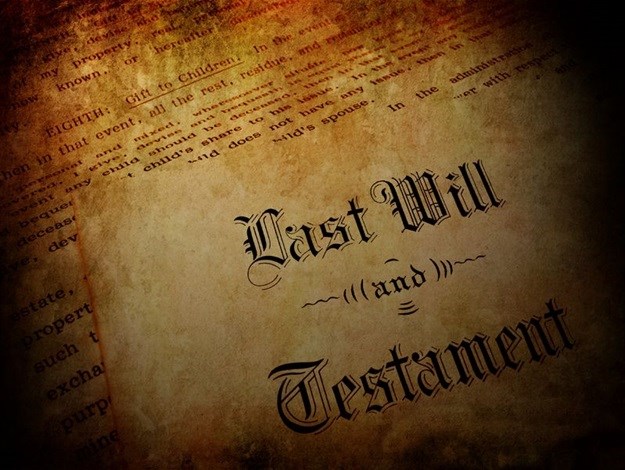Four common pitfalls to avoid when drafting a will

According to Anica Ungerer, Manager of Estates at Mazars - an internationally represented organisation specialising in audit, accounting, tax and advisory services - a badly drafted will can cause large problems with the actual estates administration which is an easily rectifiable issue if a professional is consulted to assist with the drafting of the document, specifically where an individual has a more complicated asset and family structure.
She provides the following four common areas that could cause difficulty if not addressed correctly in the will, which people must beware of when finalising a will:
- Selecting a beneficiary as a witness
The witnesses of a will (nor their spouses at the date of signing thereof) cannot be beneficiaries to the estate in question because acting as a witness will automatically disqualify them from inheriting. Furthermore, it is important to keep in mind that a will must be signed in the presence of two or more mentally competent witnesses over the age of 16, who must be present simultaneously with the testator at the time of signature. If your will consists of more than one page, every page must be signed by the testator and the witnesses. - Forgetting the administration costs when planning a will
When the executor distributes the estate, there is a hierarchy to be followed. The administration costs and liabilities, including estate duty and other taxes, are settled first. Following this process, the specific bequests to beneficiaries (whether asset or cash) will be attended to. The residue or remaining assets are only applicable and distributable if there are sufficient net assets left after the administration costs, liabilities and all bequests have been paid.If the administration costs and liabilities exceed the amount available in the rest and residue of the estate, the executor will be forced to abate specifically bequeathed assets. The result of the abatement will be that each beneficiary entitled to an asset by way of a special bequest will have to contribute a pro rata amount (established by way of a special calculation method prescribed by law) to the estate in order to actually receive the asset they are entitled to.
- Not listing names of beneficiaries correctly
When listing beneficiaries, the full names and ID numbers must appear exactly as they do in the identity documents of the beneficiaries. If the will and the identity document do not correspond, the executor will have to provide confirmation to the Master of the High Court (the government institution controlling, reviewing and approving all processes related to the administration of deceased estates) that the beneficiary listed in the will and the person referred to in the identity document is the same person. This may also result in additional administrative fees depending on the situation at hand. - Referring to a group or class of people instead of listing them separately
Where a class of people are referred to in a will instead of listing beneficiaries individually, a Next-of-Kin Affidavit would have to be lodged with the Master confirming the identity of each of the individuals who make up the group. For example, if you state a desire to leave R5 million in equal shares to your ‘grandchildren’ instead of listing all your grandchildren by name, a Next-of-Kin Affidavit would have to be lodged to verify who makes up the class of individuals. Again, this could result in unnecessary delays which are avoidable by simply being specific in the actual will.
“In most cases, employing a skilled professional to draft your will is the safest option, as they are equipped to identify and avoid the issues set out above. There are also many other pitfalls that could potentially occur but due to the long list it is impossible discussing all of these in one single article and here, we have named only a few of the possible problems we have dealt with. Depending on the applicable facts of each case, having a professional drafting your will could result in an initial fee being charged, but it will provide peace of mind for the testator and ensure that his/her wishes are executed correctly as and when the matter becomes a deceased estate,” concludes Ungerer.